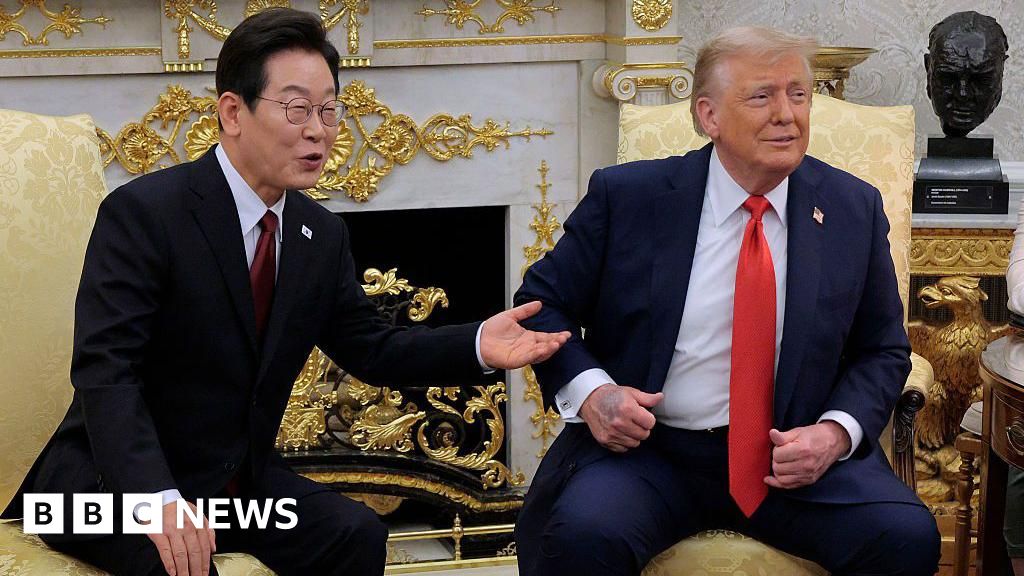South Korea's Charm Offensive: Key Insights from Lee Jae Myung's Meeting with Trump
Hours before South Korean president Lee Jae Myung was due to meet US president Donald Trump, a Truth Social post dropped. WHAT IS GOING ON IN SOUTH KOREA? Trump wrote, pointing to a Purge or Revolution. This ominous reference to South Korea's recent political turmoil raised concerns for Lee's delegation.
However, Lee adeptly shifted the conversation towards positively acknowledging Trump’s rapport with North Korean leader Kim Jong Un. By artfully expressing admiration for Trump's diplomacy, Lee not only reduced the risk of confrontation but also laid the groundwork for discussing North Korea’s future.
Lee's Strategy of Flattery Worked
Lee’s team was anxious about the meeting, given Trump's history of critical remarks about South Korea’s reliance on American military support. By initiating discussions on common ground around North Korea, Lee aimed to reassure Trump amidst fears of misunderstandings.
Flattery played a pivotal role as he complimented the renovations of the Oval Office and praised Trump as the “peacemaker” for the Korean Peninsula. Lee’s light-hearted suggestion to build a Trump Tower in North Korea served to further disarm any impending tensions.
Kim Jong Un Looms Large
Trump’s insistence on discussing Kim Jong Un reflected a unique opportunity for Lee, who intends to reshape North Korea relations. Acknowledging Trump’s previous engagements with Kim, Lee envisioned a collaborative effort for peace which was reciprocated with Trump's enthusiasm for future discussions.
Trade and Defense Issues Largely Unaddressed
Despite the diplomatic pleasantries, pressing issues related to trade and US troop presence in South Korea were conspicuously absent during their discussions. Reports indicated that Lee negotiated tariffs, with expectations of collaboration in defense and trade set to unfold in future dialogues.
The meeting ended with both leaders leaving on amicable terms, showcasing that even in the face of past controversies, constructive dialogue remains crucial for both nations moving forward.





















